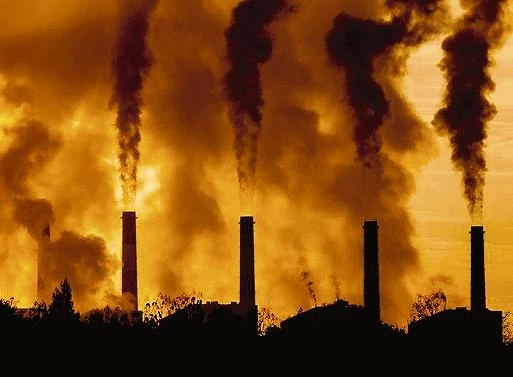
Casa cubierta por ceniza en La Palma
From snow to lava, in Spain this has been a year of extreme events. Nothing relates the Filomena storm with the eruption of Cumbre Vieja, but both scares happen when we try to recover from a historic pandemic that has halted the life of the planet. The image of empty and still cities was as moving as seeing them covered with unanimous snow, or as contemplating the tongues of incandescent lava and the fields buried under a silent blanket of ashes, but these aesthetic impacts cannot hide the deaths and anguish caused by the virus, the damages and urban paralysis provoked by the storm, or the loss of houses, crops, and memories under the deaf empire of the volcano. Holding on to the uncertain wisdom of epidemiologists, meteorologists, and volcanologists we want to ignore other events that shake a world in climate emergency: the geopolitical shock caused by the withdrawal from Afghanistan and the Aukus; the economic shock brought on by the rise in transport costs; and the energy shock derived from the difficulty of replacing fossil fuels.
The G-20 decided not to finance coal plants and limited to 1.5°C the increase in temperature, but without China or Russia the agreement is impossible to fulfill. It is a relief to know that the Nobel Prize in Physics has gone to the pioneers in the creation of weather models, but today we do not need more scientific proof of global warming, but more political commitments to reduce greenhouse gases, and the leaders gathered in Rome seemed to entrust their fortune to a coin thrown into a fountain. And though we must congratulate ourselves on the trade war truce reached by the US and the EU, logistic difficulties still cloud commercial exchanges, the soaring inflation casts shadows on the future, and the desire to be autonomous from the supply chains seems incompatible with the European dependence on Taiwan to obtain semiconductors without which its industry is brought to a standstill. Our continent, weakened by Brexit or the decline of NATO, still has its Achilles’ heel on the dramatic lack of technological companies and energy sources.
Those gathered at Glasgow’s COP26 have offered the usual deluge of nice words and good intentions, but it is not easy to separate that mass summit from the extreme events that dot the eves of the meeting: the closing of one of the gas pipelines that reach Spain from Argelia, which forces an increase in the price of the supply through liquefaction and methane carriers; the completion of the Nord Stream 2 that takes Russian gas to Germany, with clear geopolitical consequences; France’s promotion of a new generation of modular nuclear stations, with a compact design that permits increasing energy supply without affecting climate, but raising concern on waste disposal and nuclear proliferation; or the testing of a blackout in Austria, preparing for an event that is ever more probable, as the interconnection of networks makes a chain accident possible. The electricity bill is only the tip of an energy iceberg that menaces the landscapes of a transition towards renewable resources, and that threatens to turn our immediate future into a lava field of rubble and ash.






